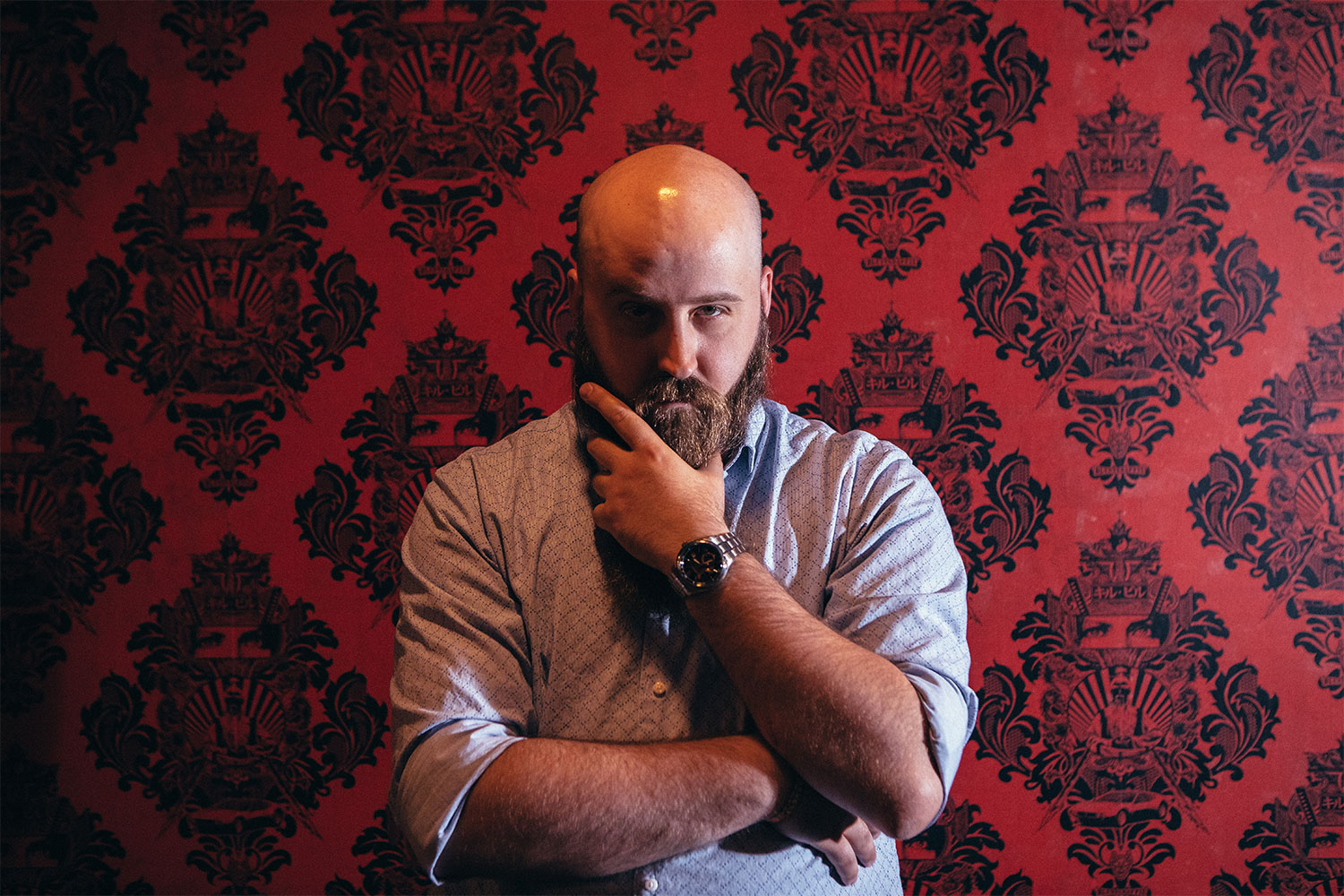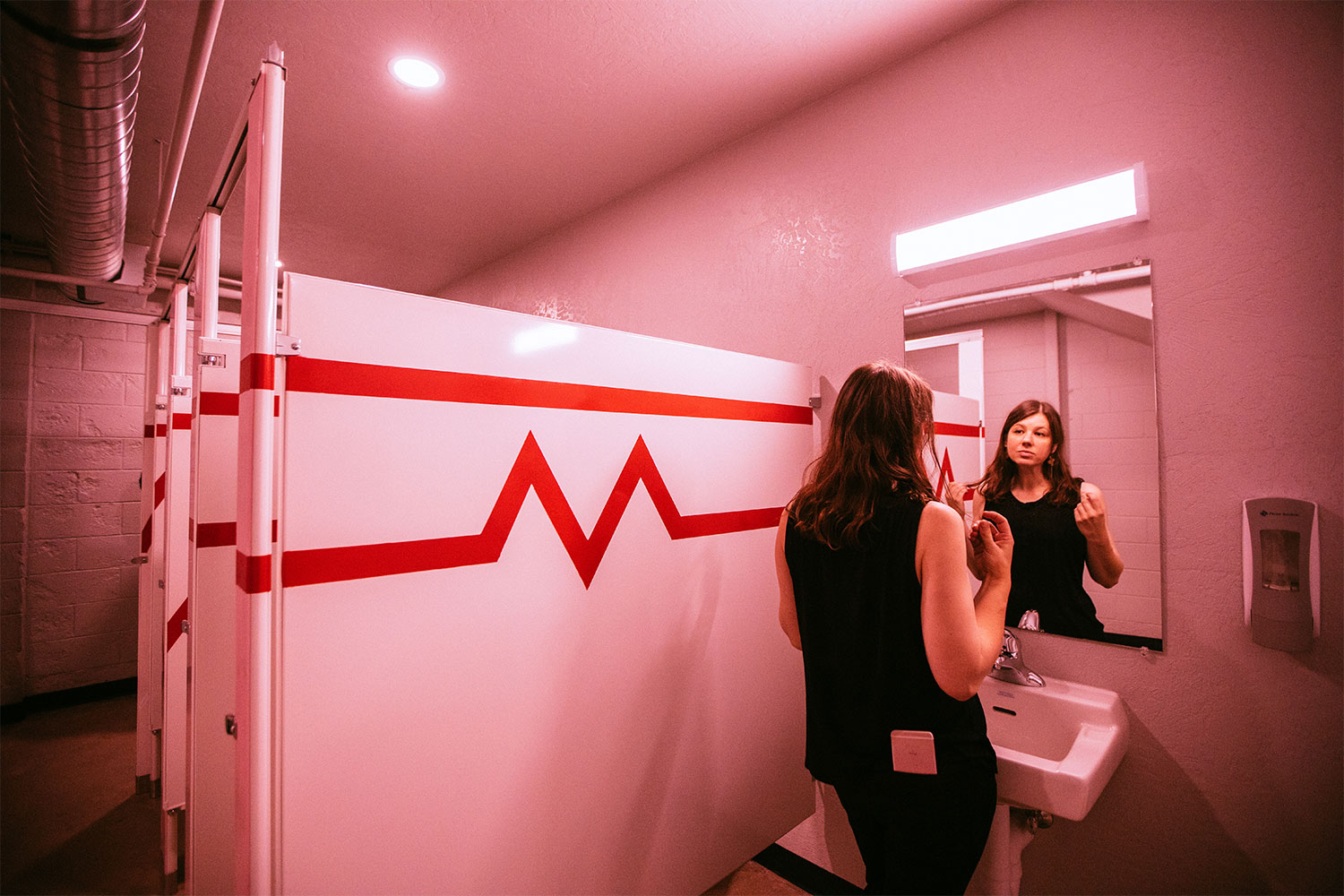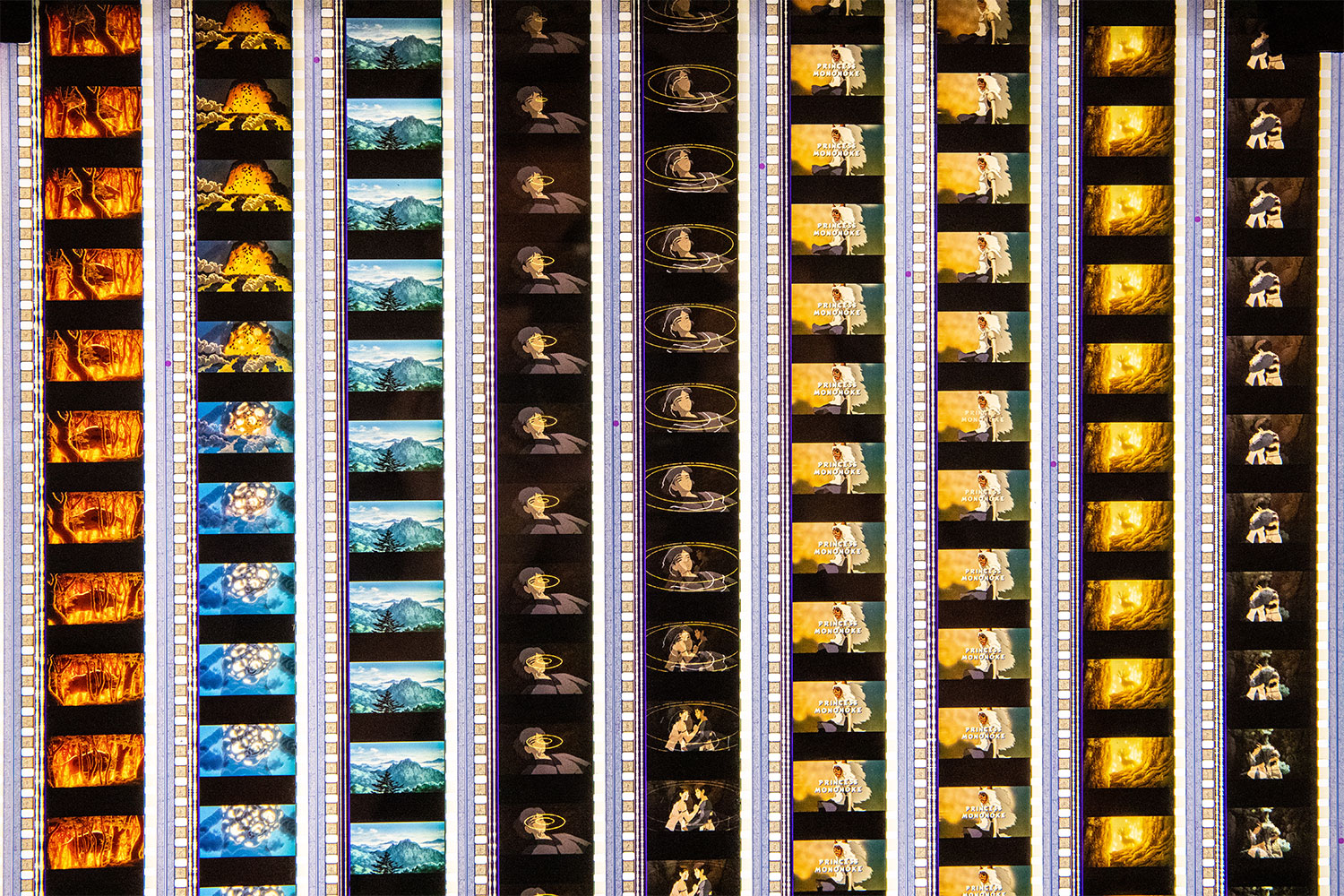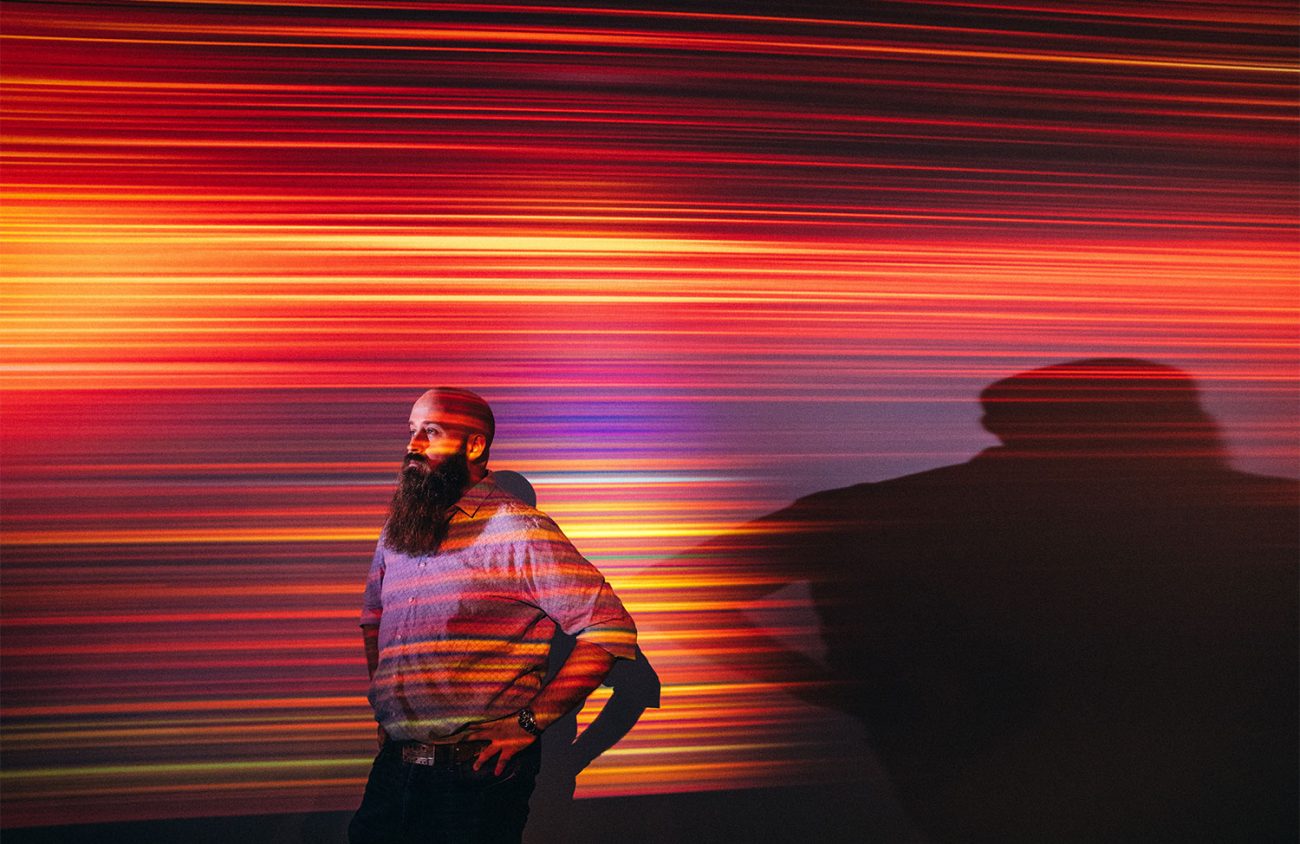The first time I walked into the new Broadway Metro expansion a few months back, I couldn’t believe my eyes. It felt as though I’d tripped through the wardrobe into Narnia.
One minute I’m outside on regular old Willamette Street, looking at a nondescript, boarded-up façade where the old Scan Design furniture store used to be, and the next I’m standing inside the protean bloom of a cool new movie theater.
It felt like magic. I didn’t realize the innards of a city block contained so much space and so much possibility.
Construction workers clomped by or stood hovering on ladders amid the stacked building materials and coils of cord on the floor. Tapping and drilling and the scratch of things being moved echoed across the ceiling. The air smelled of fresh angles.
But what struck me most of all was the impression of space opening up into more space, ample and yet cozy, and the crackle of opportunity it held — like the crackle of the first reel being fed into a projector’s sprockets.
Over the course of several weeks, I would check in with Edward Schiessl, the Metro’s managing director and the dreamer and driving force behind this massive project, which more than doubles in size the existing Metro on Broadway. As Schiessl led me on regular tours of the space, I had the sense of watching a scene fill in frame by frame: first a theater with no seats, and then, next week, a theater with seats, and suddenly a theater with a screen.
And now — now, after months in the making, it’s finally complete, and Eugene moviegoers are in for a surprise: a bigger, better Metro, at once ultra-modern and vividly nostalgic, a tribute to the hypnotic pull and artistic endurance of cinema itself.
I caught up with Schiessl on the eve of the Broadway Metro’s grand opening, to be held Friday, July 19, to get the scoop on what’s up with the new digs, and what we can expect.
Enlarge

Photo by Todd Cooper
Why expand? Why now?
It was a risky move when we first opened up downtown in 2013, but we found instant community support for the Metro. The Metro was originally designed as a supplement to a larger venue [Bijou Art Cinemas], but right off the bat it started out-grossing the flagship location.
The past few years the Metro has certainly held its own as a stand-alone cinema, but we never stopped looking for an opportunity to restore our original model. We needed a way to add some larger screens for wide release films — not just to free up seats, but to take the pressure off our small and midsize auditoriums and open the door for more foreign and indie titles.
There are always compromises when you build a cinema in an existing space, and I wanted to avoid as much of that as possible this time around. I spent months drawing and re-drawing plans, trying to make the best use of the space possible. I really wanted to deliver an altogether different experience than you can get elsewhere in Eugene.
Enlarge

Photo by Todd Cooper
You’ve made a number of innovative, progressive and fashion-smart changes to the traditional conception of the movie theater. What was the impetus behind this? Where do you get your ideas?
Our lobby has some unique artistic flash to it, but I’m not going to pretend like anything about our operation is my original idea. Everything we’re doing — deluxe seats, in-house food and beverage, lounge and bar seating in the lobby — is being done elsewhere. I’ve met so many innovative and energetic cinema operators from across the country, and the exchange of ideas is what really keeps the culture of movie-going relevant as the industry continues to shift under our feet. Running with and building on existing ideas, trying new things and learning from each other’s mistakes is how we all keep the dream alive.
Cinemas everywhere have to constantly evolve with trends and demands and technology in order to stay competitive with other nightlife and entertainment options. It’s not enough just to pay attention to what your audience wants anymore — you have to deliver more than they asked for. You want popcorn and a movie? We have that, but we also have deluxe seating, cocktails, house-made food and a cool place to hang out and socialize afterwards.
Following that thread, what changes are you seeing — and adapting to — in the way people watch and experience movies? What are you doing to retain the magic and thrill of going to the theater, versus sitting at home on your ass watching Netflix?
Movies are more insanely accessible now than ever, and going to the multiplex can be a hollow and exhausting experience, so it’s no wonder that attendance isn’t what it was 20 years ago.
It’s easy to forget what seeing a great film in a movie theater is all about, and what a heightened and immersive experience that can be. When you watch a movie in a dark theater with an audience, you’re experiencing something together, seeing it through each other’s eyes, feeding on each other’s energy. You can’t pause it, you’re not scrolling through your Insta-feed; you let the film take you captive. That’s why movies in the theater are still the most effective storytelling medium — it’s passive and participatory all at once. You’re all alone together, engulfed in the sights and sounds of another world. That’s where the magic is.
Enlarge

Photo by Todd Cooper
What are the brass tacks of this expansion, in terms of size in square footage, number of theaters, etc?
The combined space of 43 W. Broadway and 888 Willamette Street — which will be connected by a corridor within a few weeks — covers over 10,000 square feet. The Metro will officially be Eugene’s first seven-plex, with well over 300 seats in total.
What do you think this expansion means for downtown Eugene? Where would you like to see downtown in five, 10 years?
I’ve lived in Eugene my whole life, and it seems like downtown revitalization has been taking two steps forward and one step back ever since I was in elementary school. It’s been a long and often frustratingly slow process, but it is making progress all the time, and we’re very proud to be a part of that. There are a lot of puzzle pieces that need to come together — like filling vacant properties, spending on the right kinds of services, and making firm and thoughtful policy decisions that balance security with compassion — before we can claim a truly thriving downtown. But we have great community support, dozens of exceptional small businesses and start-ups, and momentum is picking up all the time.
What will be the shift/effect on programming — what kind of movies and events do you see the Metro hosting that this expansion makes more possible?
With seven screens to program, expect to see us going in every direction at once. We’ll be bringing high-end commercial releases downtown, starting with The Lion King and Quentin Tarantino’s new film Once Upon a Time in Hollywood. With pressure off the smaller screens, opportunities open up for niche foreign and independent films that would otherwise never play in Eugene at all.
We’ll have the flexibility in our schedule to bring in touring events (like The Bikes of Wrath, which plays July 19 with a director Q&A), host film series and festivals, expand our lineup of alternative content (Royal Shakespeare Company, Metropolitan Opera, National Theatre, Bolshoi Ballet, etc.) and even bring back regular classic and genre film screenings.
The multiplex might be content to play Transformers on twelve screens, but there’s just a whole wide world of cinema out there, and we plan on serving up something for everyone.
The expanded Broadway Metro at 888 Willamette Street opens Friday, July 19, with The Lion King, The Art of Self Defense and The Spy Behind Home Plate, among other films.
